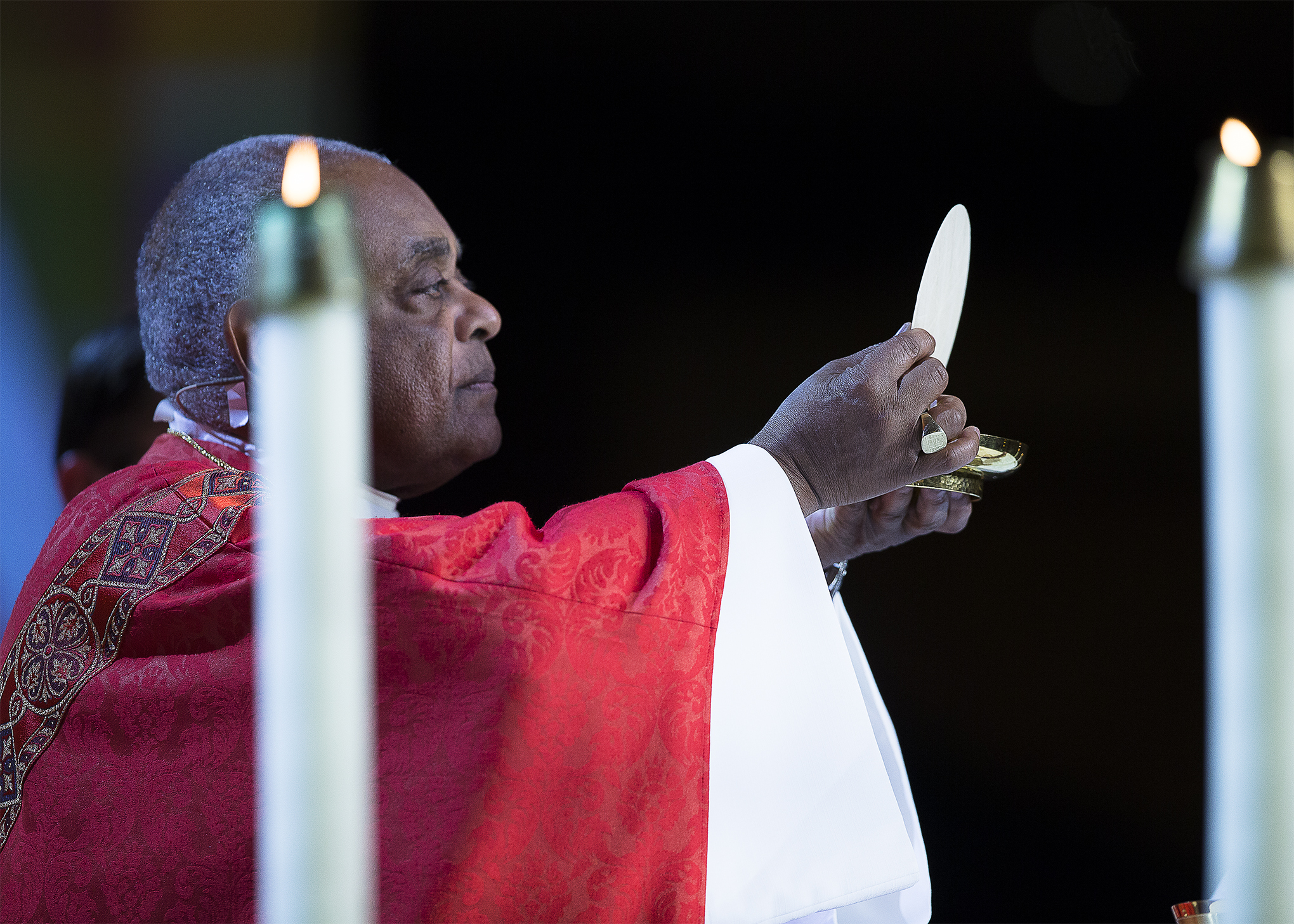Vatican officials are being ordered to report abuse allegations or face sanctions from the city state’s justice system, according to new legislation issued by Pope Francis.
The three new laws issued on Friday 29 March concern the Roman Curia and the Vatican City State - a sovereign entity of just over 100 acres which operates its own civil legal system - had been promised following the Pope’s abuse summit last month and offer a comprehensive set of legally binding guidelines on child protection.
In his rulings, which do not concern the Church’s code of canon law, the Pope says that any allegations of sexual abuse or mistreatment of minors which are not “manifestly unfounded” must be reported to judicial authorities and he outlines a set of measures to ensure victims receive professional help.
The legislation states that “public officers” - effectively 90 per cent of the Vatican workforce which include the apostolic nuncios representing the Pope abroad - have a “duty” to report abuse. If they fail or “unduly delay” in this they face being fined up to €5,000 while any Vatican law enforcement officer who does not report could be jailed for up to six months.
Francis, whose pontificate has come under intense pressure in recent months as a result of the clerical sexual abuse crisis, says he wants the Church to protect “the rights and needs of minors” and to be aware of “the duty to report abuse to the competent authorities and to cooperate in prevention.”
The legislation covers both children and vulnerable adults: the latter are defined as those who have a “physical or mental deficiency,” an illness or any restrictions on “personal liberty” that “limits their capacity” to resist an offender.
The legal changes also introduce a 20-year statute of limitation to report abuse which, in the case of a child, starts from that individual’s 18th birthday and a new system to offer medical and psychological assistance to victims and their families. This system comes under the city state’s health department and will include a listening service, along with “emergency therapeutic and psychological assistance.”
There are also detailed prescriptions for how legal authorities in the City State should treat complainants when investigating and prosecuting allegations of abuse. These include keeping a victim abreast of each stage of proceedings including any preventive sanctions placed on the accused and guaranteeing the protection of the injured party.
During a trial involving allegations of abuse against a minor, a court can decided to sit in private, hear evidence from the child via video link or telecom system. Children will also be offered the assistance of a psychologist during the proceedings.
The legal rulings include laws on the protection of minors in the Vatican City State, an apostolic letter issued “Motu Proprio” which applies to the Roman Curia and guidelines for the Vicariate of the Vatican City, which is the body responsible for the spiritual needs of those in the city-state. It is not the first Vatican City State law the Pope has issued on abuse: in 2013 he criminalised sexual abuse of children including child pornography offences.
The guidelines are directed at all those who have access to children working in the Vatican City State including the St Pius X institute which houses the altar boys who serve Mass in St Peter's Basilica. While there are very few children who live in the Vatican City State, the legislation is designed to set an example for the rest of the Church to follow.
This includes details as to what counts as misconduct. It is forbidden, according to the new laws, for officials to be alone with minors, to "establish a preferential relationship” with a child or “turn to a minor in an offensive manner or engage in inappropriate behaviour or [be] sexually suggestive." It is also against the law to "ask a child to keep a secret, photograph [and] or film a child without the written consent of his parents.”
Anyone hired to work for the Vatican city administration or the Roman Curia must be screened for their suitability to interact with children and the new laws come into effect on 1 June 2019.



 Loading ...
Loading ...